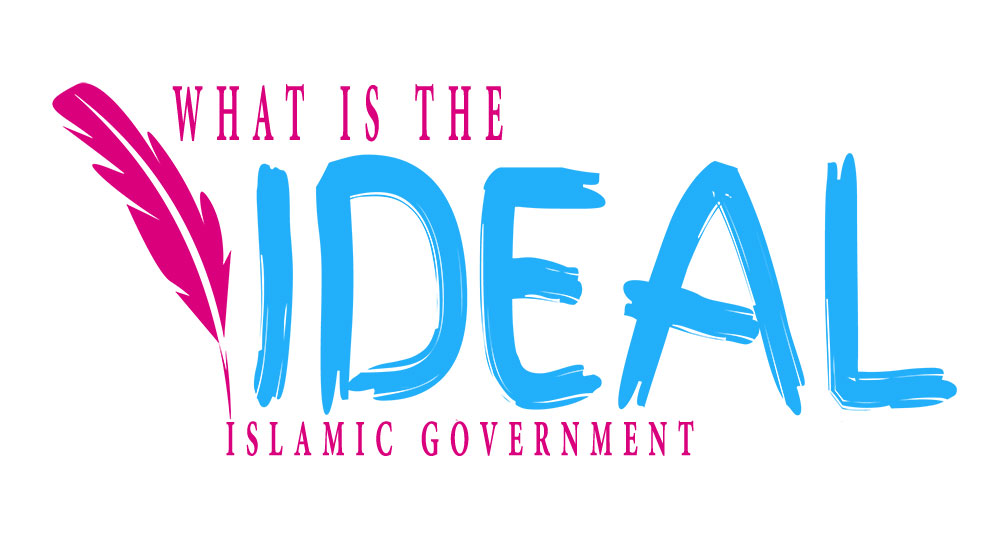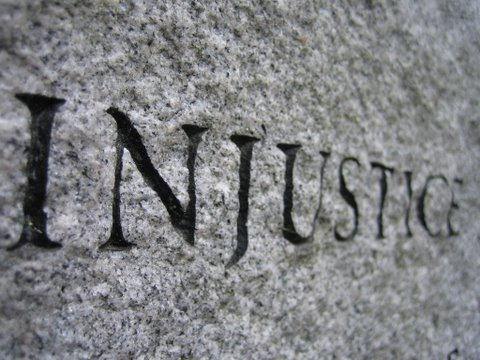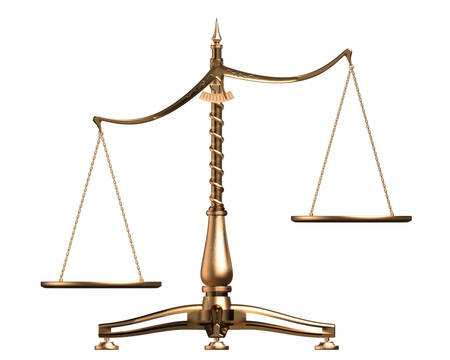What is the Ideal Islamic Government? (5)
In order to answer this question the best way is to refer to the ideal Islamic government as expounded by the Leader of the Faithful Ali Ibn Abi Talib (a.s.).
This text presents the ideal Islamic government in the eyes of Imam ‘Ali ibn Abi Talib (a.s.) through his letter to Malik Al Ashtar:
Communion with Allah
The particular thing by which you should purify your religion for Allah should be the fulfillment of those obligations which are especially for Him. Therefore, devote to Allah some of your physical activity during the night and the day and whatever (worship) you perform for seeking nearness to Allah should be complete, without defect or deficiency, whatsoever physical exertion it may involve.
When you lead the prayers for the people it should be neither (too long as to be) boring nor (too short as to be) wasteful, because among the people there are the sick as well as those who have needs of their own. When the Messenger of Allah (p.b.u.h.a.h.p.) sent me to Yemen I enquired how I should offer prayers with them and he replied, “Say the prayers as the weakest of them would say, and be considerate to the believers.”
On the Behavior and Action of a Ruler
Then, do not keep yourself secluded from the people for a long time, because the seclusion of those in authority from the subjects is a kind of narrow-sightedness and causes ignorance about their affairs.
Seclusion from them also prevents them from the knowledge of those things which they do not know and as a result they begin to regard big matters as small and small matters big, good matters as bad and bad matters as good, while the truth becomes confused with falsehood. After all, a governor is a human being and cannot have knowledge of things which people keep hidden from him.
No writ is big on the face of truth to differentiate its various expressions from falsehood. Then you can be one of two kinds of men. Either you may be generous in granting rights; and then why this hiding in spite of (your) discharging the obligations and good acts that you perform?
Or you are a victim of stinginess; in that case people will soon give up asking you since they will lose hope of generous treatment from you. In spite of that there are many needs of the people towards you which do not involve any hardship on you, such as the complaint against oppression or the request for justice in a matter.
Further, a governor has favorites and people of easy access to .him. They misappropriate things, are highhanded and do not observe justice in matter. You should destroy the root of evil in the people by cutting away the causes of these defects. Do not make any land grants to your hangers on or supporters.
They should not expect from you the possession of land which may cause harm to adjoining people over the question of irrigation or common services whose burden the grantees place on others. In this way, the benefit will be rather theirs than yours, and the blame will lie on you in this world and the next.
Allow rights to whomsoever it is due, whether near you or far from you. In this matter, you should be enduring and watchful even though it may involve your relations and favorites, and keep in view the reward of that which appears burdensome on you because its reward is handsome.
If the subjects suspect you of high-handedness, explain to them your position openly and remove their suspicion with your explanation, because this would mean exercise for your soul and consideration to the subjects while this explanation will secure your aim of keeping them firm in truth.
Do not reject peace to which your enemy may call you and wherein there is the pleasure of Allah, because peace brings rest to your army and relief from your worries and safety for your country. But after peace there is great apprehension from the enemy because often the enemy offers peace to benefit by your negligence. Therefore, be cautious and do not act by wishfulness in this matter.
If you conclude an agreement between yourself and your enemy or enter into a pledge with him then fulfill your agreement and discharge your pledge faithfully. Place yourself as a shield against whatever you have pledged because among the obligations of Allah there is nothing on which people are more strongly united despite the difference of their ideas and variation of their views than respect for fulfilling pledges.
Besides Muslims, even unbelievers have abided by agreements because they rea1ized the dangers which would come in the wake of violation (thereof).
Therefore, do not deceive your enemy, because no one can offend Allah save the ignorant and the wicked. Allah made His agreement and pledged the sign of security which He has spread over His creatures through His mercy and an asylum in which they stay in His protection and seek the benefit of nearness to Him. Therefore, there should be no deceit, cunning or duplicity in it.
Do not enter into an agreement which may admit of different interpretations and do not change the interpretation of vague words after the conclusion and confirmation (of the agreement).
If any agreement of Allah involves you in hardship do not seek its repudiation without justification, because the bearing of hardships through which you expect relief and a handsome result is better than a violation whose consequence you fear, and that you fear that you will be called upon by Allah to account for it and you will not be able to seek forgiveness for it in this world or the next.
You should avoid shedding blood without justification, because nothing is more inviting of Divine retribution, greater in (evil) consequence, and more effective in the decline of prosperity and cutting short of life than the shedding of blood without justification. On the Day of Judgment Allah the Glorified, would commence giving His judgment among the people with the cases of bloodshed committed by them.
Therefore, do not strengthen your authority by shedding prohibited blood because this will weaken and lower the authority, moreover destroy it and shift it. You cannot offer any excuse before Allah or before me for willful killing because there must be the question or revenge in it.
If you are involved in it be error and you exceed in the use of your whip or sword, or are hard in inflicting punishment, as sometimes even a blow by the fist or a smaller stroke causes death, then the haughtiness of your authority should not prevent you from paying the blood price to the successors of the killed person.
You should avoid self-admiration, having reliance in what appears good in yourself and love of exaggerated praise because this is one of the most reliable opportunities for Satan to obliterate the good deeds of the virtuous.
Avoid showing (the existence of) obligation on your subjects for having done good to them or praising your own actions or making promises and then breaking them because showing (the existence of) obligation destroys good, self-praise takes away the light of truth, and breaking promises earns the hatred of Allah and of the people. Allah the Glorified says:
“Most hateful is it unto Allah that you say what you (yourselves) do (it) not.” (Qur’an, 61:3)
Avoid haste in matters before their time, slowness at their proper time, insistence on them when the propriety of action is not known or weakens when it becomes clear. Assign every matter its proper place and do every job at the appropriate time.
Do not appropriate to yourself that in which the people have an equal share, nor be regardless of matters which have come to light with the excuse that you are accountable for others. Shortly, the curtains of all matters will be raised from your view and you will be required to render redress to the oppressed.
Have control over (your) sense of prestige, any outburst of anger, the might of your arm and the sharpness of your tongue. Guard against all this by avoiding haste and by delaying severe action till your anger subsides and you regain your self-control. You cannot withhold yourself from this unless you bear in mind that you have to return to Allah.
It is necessary for you to recall how matters went with those who preceded you, be it a government or a great tradition or a precedent of our Prophet (may Allah bless him and his descendants) or the obligatory commands contained in the Book of Allah.
Then you should follow them as you have seen us acting upon them and should exert yourself in following that I have enjoined upon you in this document in which I have exhausted my pleas on you, so that if your heart advances towards its passions you may have no plea in its support.
I ask Allah through the extent of His mercy and the greatness of His power of giving a good inclination that He may prompt me and you to advance a clear plea before Him and His creatures in a manner that may attract His pleasure along with handsome praise among the people, good effect in the country, an increase in prosperity and a heightening of honor; and that He may allow me and you to die a death of virtue and martyrdom.
Surely we have to return to Him. Peace be on the Messenger of Allah – may Allah shower His blessings and plentiful salutation on him and his pure and chaste descendants; and that is an end to the matter.
Source: The letter of Imam ‘Ali ibn Abi Talib (a.s.) to Malik Al Ashtar, translated by Allamah Sayyid Sa’eed Akhtar Rizvi







